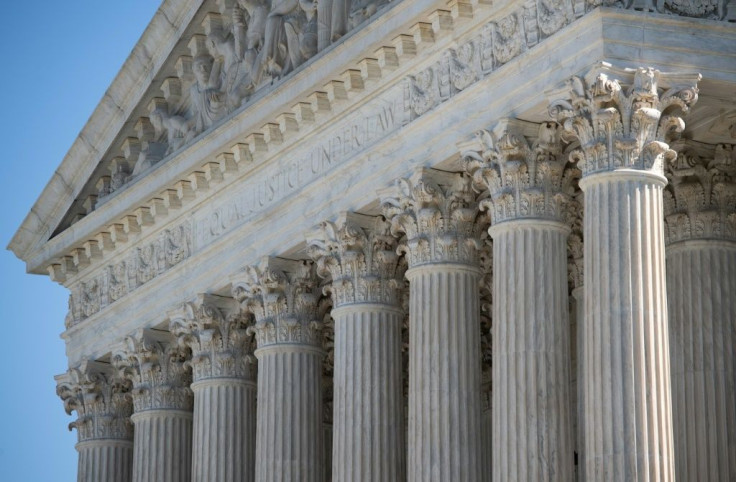Supreme Court Upholds Ban On Mobile Phone Robocalls
The Supreme Court on Monday upheld a nearly 30-year-old ban on robocalls despite concerns about infringing on First Amendment rights. In a decision written by Justice Brett Kavanaugh, the Court denied an attempt to challenge the ban as unconstitutional and even went so far as to eliminate a 2015 exemption to it for government debt collectors.
The case saw political consultants challenge the exemption as a violation of the First Amendment, as it denies certain speech while allowing others based on their content. The consultants’ aimed to undo the ban altogether, which would have allowed for a wave of political robocalls. The federal government, in return, sought to uphold both the ban and the exemption.
The Court’s final ruling was unique in that it ultimately denied both parties in the case, upholding the ban but removing the five-year-old exemption in an effort to achieve fairness while also sparing Americans more robocalls.
“Americans passionately disagree about many things,” Justice Kavanaugh wrote in the decision. “But they are largely united in their disdain for robocalls. The Federal Government receives a staggering number of complaints about robocalls ... The States likewise field a constant barrage of complaints.”
The ban was instituted in 1991 with the passage of the Telephone Consumer Protection Act. The act sought to limit the use of prerecorded messages or automatic dialing systems on cell phone users by imposing a $1,500 liability on robocalls made without prior express consent.
“Severing the 2015 government-debt exception cures the unequal treatment and constitutes the proper result under the Court's traditional severability principles,” Kavanaugh continued.
Justice Neil Gorsuch was the only member of the Supreme Court to disagree with the final judgment. During oral arguments in May, Gorsuch noted “the irony” in a case challenging a law as being in violation of the First Amendment leading to a decision that would further restrict speech.
Justice Stephen Breyer wrote that both the ban and the 2015 exemption were legally sound. However, Breyer was joined by Sonia Sotomayor and Elana Kagan who conceded that since most of the Court opposed the exemption, the Court should strike down the exemption as opposed to striking down the entire ban.

© Copyright IBTimes 2024. All rights reserved.




















